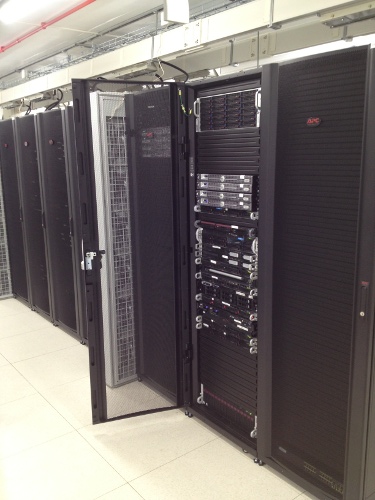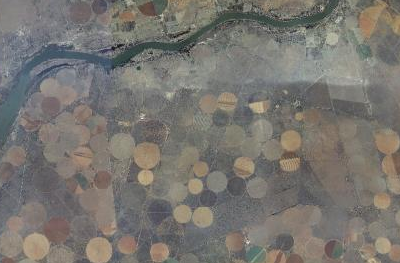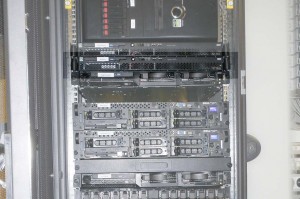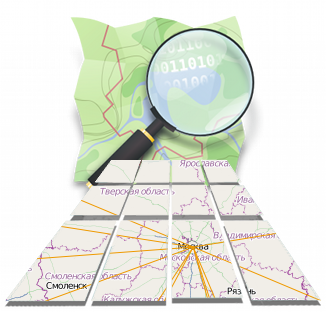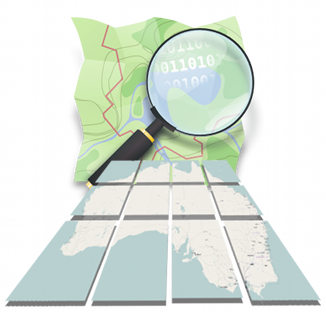Updates included below the original post.
OpenStreetMap database unavailable on 31 March 2013
There is a current problem with the OpenStreetMap database and so the data API is currently unavailable due to hardware failures.
The current issues were first observed early on 31 March 2013 when the primary database server became non-responsive. The system administrators are aware of the problem and will resolve it as soon as possible. A complicating factor is the observation of a holiday at the hosting facility that prevents physical access to the server until Tuesday morning.
With the database unavailable, editing is not possible. Other database-related activities, such a new-user-signups, are also unavailable.
Other non-database-related services should operate normally. Tiles are being served with current data.
The system administrators will continue to take steps towards the return of normal operation. Given the aforementioned holiday at the hosting facility, normal operation may not return until some time Tuesday, 02 April 2013.
2013-03-31 1810 UTC – Admin on site
One of the OpenStreetMap Foundation hard working system administrators is currently on-site at the hosting location and working on a solution.
Thank you to the facility and everybody involved for permitting access during the holiday.
Corrective actions are in progress. Services are not yet restored. Stay tuned.
2013-03-31 1900 UTC – Return to normal operation
The database has been returned to normal operation. All OpenStreetMap services should be operating as expected.
Thanks again to the admin team and our hosting providers for the prompt resolution to this unscheduled outage.
